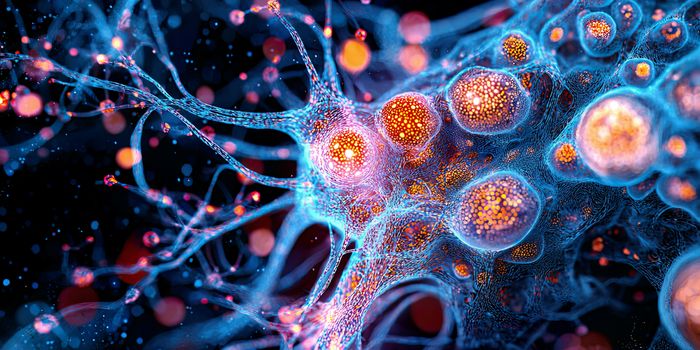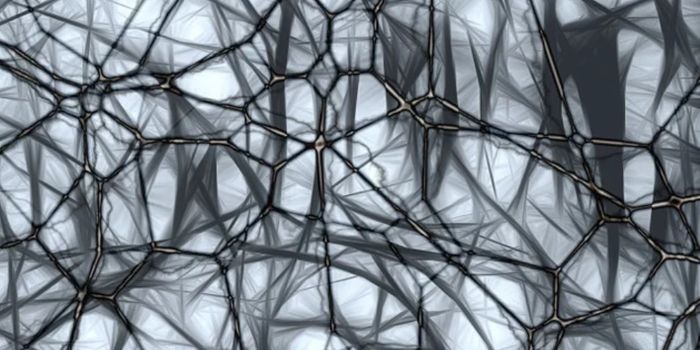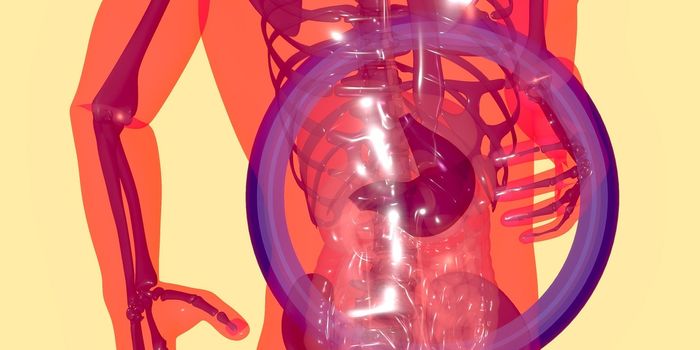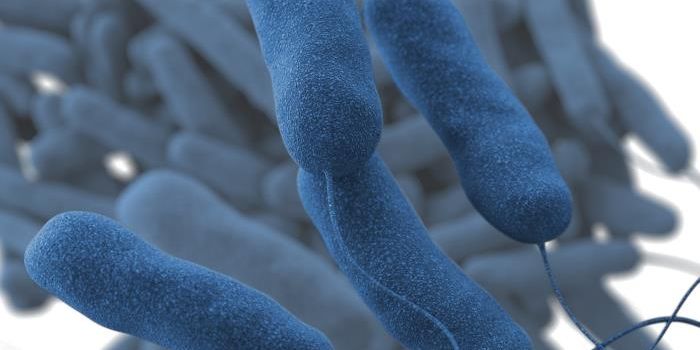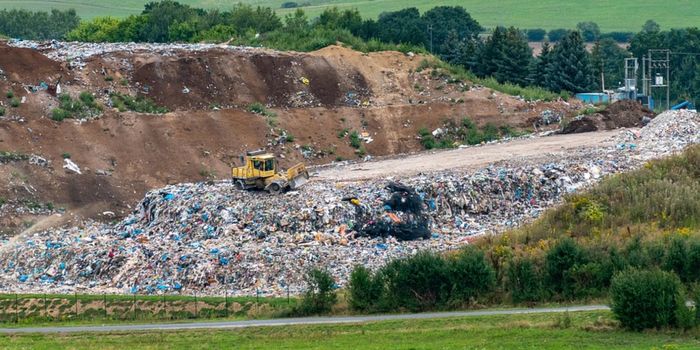Blooms of an algae called
Pseudo-nitzschia are common off the west coast of the United States, but this year’s bloom was especially large - extending from the coast of Alaska all the way to southern California. The algae produces a neurotoxin called
domoic acid that spreads throughout the marine food web.
Pseudo-nitzschia is a species of eukaryotic, photosynthetic diatom whose toxin, domoic acid, accumulates in the tissue of many marine organisms, including shellfish. Eating contaminated shellfish can cause
amnesic shellfish poisoning, characterized by gastritis, seizures, and short-term memory loss. Death from domoic acid poisoning is rare, but four Canadians died after eating contaminated mussels in the late 1980s.
According to University of California Santa Cruz researchers, this year “the duration of the bloom and the intensity of the toxicity were unprecedented, and that led to record levels of the toxin in species such as anchovies, razor clams, and crabs … we also saw the toxin in organisms and parts of organisms where we thought it was not supposed to be, like the filets of fish”.
Why was this year’s bloom so severe? The researchers believe that two “warm-blobs” of nutrient-rich seawater are to blame. In 2013 and 2014, warm water engulfed the coasts of both southern California and the Pacific Northwest, creating perfect conditions for a Pseudo-nitzschia bloom.
Safety measures are in place, however, to ensure domoic acid doesn’t make it into the commercial food supply. Several west coast fisheries were closed, and crab season was delayed. Researchers are predicting an equally severe bloom next year, however. According to study author Raphael Kudela, “the predictions are for this El Niño to be as strong as the one in 1997-98, when the warm water lasted through 1998. So we could be looking at a big bloom again next year”.
Source:
Science Daily,
Northwest Fisheries Science Center, Wikipedia


